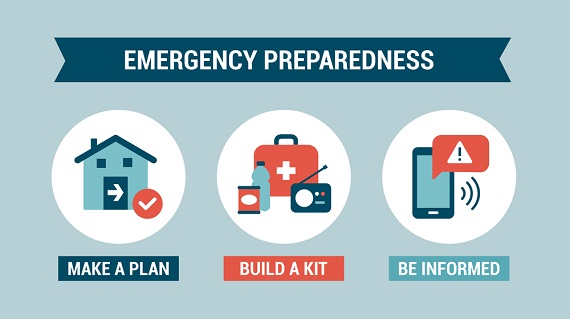By RENAISSANCE ALLIANCE
Like millions of other couples this year, you may be putting the finishing touches on your plans for a wedding. In 2018, there were an average of 6,200 weddings per day in the US, but some months are more popular than others. The Spring is an active time, with 10% of all weddings in May and 11% in June. Statistics say that the average wedding budget is $20,000 and the average number of guests is 178. With COVID restrictions lifting in most states, the 2021 wedding season should feel a lot more normal than 2020.
From the event to the honeymoon, it’s a big deal with a lot of details, so it can be easy to overlook insurance. But we’re not just talking about wedding event insurance which, if you plan a costly event, you should definitely consider to cover cancellation or losses such as stolen gifts, damaged photos, rings or gowns and other unforeseen problems. In this case, we’re talking about insurance matters that you and your spouse should consider as you embark on a financial life together.
The National Association of Insurance Commissioners (NAIC) offers a handy tip sheet about insurance matters that engaged couples should discuss: Combining Your Insurance: Just got engaged? Don’t forget to talk about insurance. It discusses decision points and money saving tips for homeowners and renters insurance, auto insurance, health insurance, and life insurance.
Of course the easiest way to cover insurance is to make an appointment with your local independent insurance agent, who can walk you through all the considerations both for the event itself and for the various coverage options you’ll need going forward. As you embark on a new life together, you no doubt have many hopes, plans and dreams. The right coverage can keep you on track by protecting you from unexpected losses. Your agent will know the best coverage options and the ins and outs for saving money.
Below is an infographic Insurance Survival Guide for Newlyweds, also from NAIC. (For a larger version, click the link or the image).
Reprinted from Renaissance Alliance – no usage without permission.







